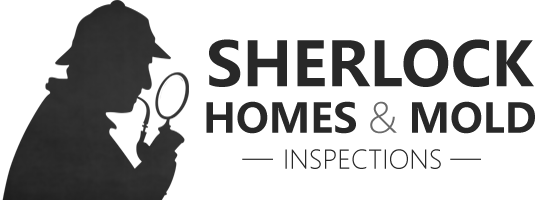
How much does a home inspection cost? According to the U.S. Department of Housing and Urban Development, a typical home inspection costs $300 to $500. In most cases, it’s well worth it for buyers to hire a home inspector. In our area the costs range from $500 to $1,000.
Home inspections, for you first-time home buyers out there, are a way to vet a home before you buy it. Let’s face it: Buying a home is a huge investment—and you can’t exactly read Amazon reviews to get a sense of any problems that might crop up after you’ve plunked down your money for the purchase price.
While the average home inspection cost is $500 to $1,000 the exact price will depend on the size of your home, where you live, and what you want inspected. In California, inspectors are also required to conduct a safety inspection of any pool or spa, so expect an extra fee for this service. Also, most inspectors do not inspect for mold, so if this is a concern, be sure to find and inspector that does, and find out what the additional fee would be for this service.
An older home may also cost more to inspect. Or a home inspector may need to spend more time on a house with apparent defects, which may cost you more.
But all in all, rest assured—the cost of a home inspection is a drop in the bucket compared with the financial agony these inspections can save you down the road.
Here’s more about home inspections, and how to make sure you get the most value back from the cost of your inspection.
What home inspectors look for
A professional home inspector, certified by the ASHI or CREIA is trained to use a home inspection checklist to look at over 1,000 items of your home that can fall into disrepair (who knew there were so many?).
A home inspector uses noninvasive methods to look primarily at the following:
- Grounds for possible water or septic problems
- Structure for foundation, window, or door problems
- Exterior for rot, decay, and excavation problems
- Roof for shingle, flashing, and fascia problems
- Interior for framing, insulation, HVAC, plumbing, and electrical issues
- Kitchen for electrical code compliance, operating cabinets, and plumbing problems
How long do home inspections take?
An inspection of a typical house takes two to three hours; inspections for larger homes with more square footage or, for example, with two or three HVAC systems will take longer and cost more. A home inspector may be able to inspect a small condo or mobile home in less time. A home inspection may cost more or less, depending on the square footage of the home and the items that must be covered in the inspection.
What should not make a price difference is the thoroughness of the home inspection, the final written inspection report, and the photos the home inspector delivers to the client. These should be standard features of any home inspection—not extras. You, the buyer, should not pay an extra fee for them.
How much do special home inspections cost?
Specialty inspections go beyond the typical scope of a home inspection. A specialty home inspector can give you an inspection on anything from radon, EMF, Mold to energy issues. These extra inspections can inflate the price by anywhere from $250 to $800, depending on whether the inspection requires special equipment or lab testing.
How to make the most of a home inspection
As a potential buyer, a home inspection is your authoritative proof of property problems. Most home purchase agreements are contingent upon the results of a home inspection.. Armed with knowledge from your home inspection report, you may be able to either insist that the seller fix or repair certain issues before closing, renegotiate the price to reflect future repairs, or walk away without losing your earnest money.
Be aware that not all items on an inspection report are mandatory fixes or should be a cause to walk away from a deal. A home inspector may include cosmetic items, or note that something will cost money to repair in the future. For example, the inspector may note that the house will need a new roof at some point. That information helps you be an informed buyer, but it doesn’t necessarily mean you shouldn’t buy the house.
If the home requires significant repairs before the sale closes, such as repairs to the electrical systems, you may need to have a reinspection of that item. Check your inspection report contract to see if you need to pay an additional fee to have the inspector look at the house again.
Although a home inspection costs money now, it can potentially save you far more, perhaps even tens of thousands of dollars. It’s better to know about termite problems, radon issues, or other problems before you buy a new home or condo than to be surprised by the cost to repair them further down the road.
——

Recent Comments